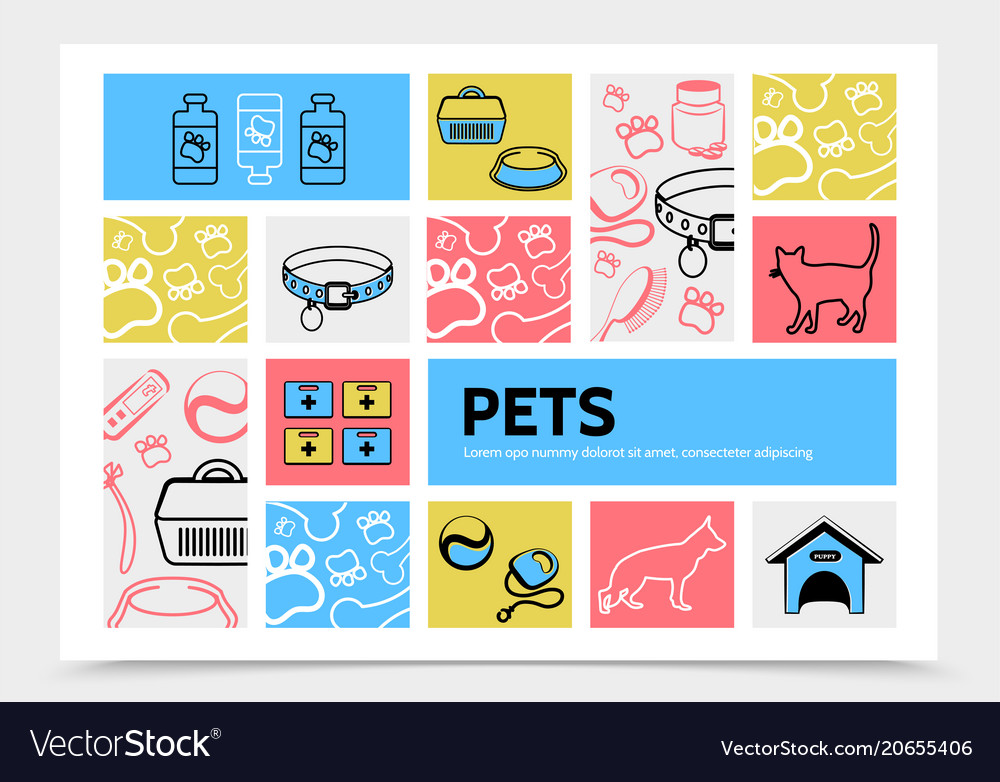Dog Daycare Staff Training
Dog Daycare Staff Training
Blog Article
Can Dog Daycare Reason Health Problem?
Possibilities are that if your dog is routinely revealed to various other dogs, even if they're effectively immunized, they may return with some type of illness. Inoculations, routine vet appointments, and good health methods can minimize danger elements for infection and condition.
Worried or nervous pet dogs can establish stomach troubles and various other wellness concerns that are conveniently spread out in between pets. Developing age constraints and behavior regulations can aid make sure that just healthy and balanced pet dogs enter your center.
Distemper
Canine distemper is a severe and commonly deadly infection that assaults a pet dog's breathing, digestion, skin and body immune systems. Young puppies are particularly vulnerable and can acquire the illness through direct contact with an infected pet or via the air-borne transmission of infection bits discharged throughout coughing, sneezing or taking a breath.
The incubation period for canine distemper is between 3 and 7 days. While puppies at day care might appear to capture parvo from one more infected canine, it's unlikely since the incubation period is so brief.
While there is no treatment for canine distemper, helpful care can assist dogs recover. This consists of liquids, prescription antibiotics and medications to control seizures. The Drake Facility for Vet Treatment notes that signs include runny eyes and nose, looseness of the bowels, throwing up, loss of appetite and neurological problems such as twitching and tremors. Pups require a full vaccination collection and annual boosters to secure them against this disease, which is why reliable doggie childcare facilities require up-to-date inoculations.
Kennel Coughing
Kennel Cough (Canine Transmittable Tracheobronchitis) is an extremely contagious top respiratory system condition caused by microorganisms and infections. It spreads through air-borne beads from a cough or sneeze, direct call, and sharing of polluted objects such as playthings or water bowls. It is native in places where several pet dogs are housed close together, such as kennels, canine parks, grooming hair salons and shows. Several vaccinations are offered to protect versus the microorganisms that cause kennel coughing, and appropriate hygiene methods can help protect against infection.
The traditional sign is a dry, hacking coughing similar to that of a goose honk, and most pet dogs recuperate with little treatment. Nevertheless, severe instances can cause pneumonia, and puppies or pets with pre-existing health problem are at greater danger for complications. To accelerate recovery, make use of a harness rather than a collar while your dog is recouping to avoid irritability to the windpipe. A humidifier may additionally assist to moisten the air and stop dry coughing.
Parvovirus
Parvovirus (CPV) is a significant illness in pets. It is similar to feline panleukopenia (feline distemper), but it's a lot more fatal and can spread out rapidly amongst canines as a result of its incredibly resistant nature.
This virus strikes the digestive lining of a pet dog, destroying it and triggering bacteria to dismiss into the bloodstream. The weakened immune system and frustrating germs bring about septic shock, which is typically deadly.
Thankfully, vet medical facilities supply efficient treatment for parvovirus. These medications are provided straight right into a person's bloodstream and targeted in the direction of the particular stress of parvovirus. This therapy method is extremely reliable and helps retrain the body immune system to combat off the infection. Pets with severe signs are often hospitalized for a number of days for surveillance and intensive like guarantee their survival. Puppies, unvaccinated pet dogs and pets with weak immune systems are especially susceptible to parvovirus. This is particularly real for puppies born to roaming mothers and shelter settings, where they are exposed to numerous various other unwell and susceptible pet dogs.
Pooch Influenza
Dog flu (CIV) is a contagious breathing condition that can be caused by canines sharing infected surface areas or direct contact with breathing secretions. CIV spreads conveniently in environments where there are high numbers of pet dogs, such as pet parks, daycares, grooming centers and vet clinics.
Infected pet dogs lost the infection through aerosol breathing beads when coughing or sneezing, and might contaminate objects they enter contact with like cages, playthings, food bowls, chains and the hands and clothing of people who manage them. Pets can also be "silent providers" spreading out the infection without revealing any symptoms themselves.
Signs of canine flu consist of sinus and eye discharge, coughing, high temperature, anorexia nervosa, and weak point. The infection can proceed to pneumonia, which can be deadly in some pets. PCR viral screening is readily available for confirmation of infection. Ideally, samples (typically boarding places for dogs near me deep nasal or pharyngeal swabs) for PCR testing ought to be gathered within four days of the beginning of scientific indicators.